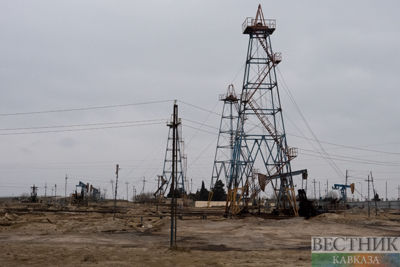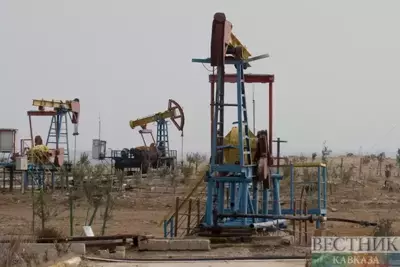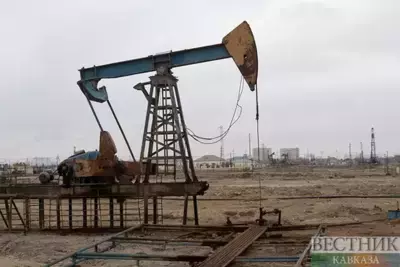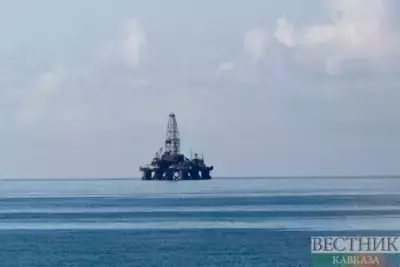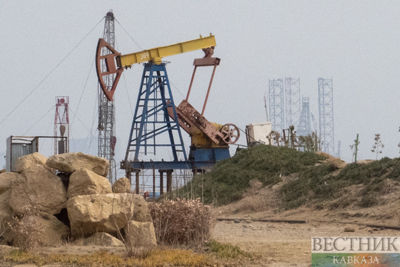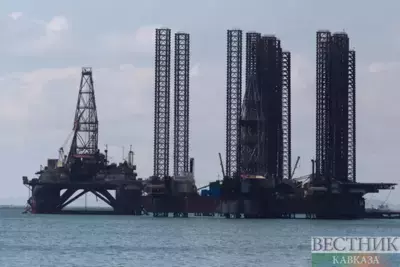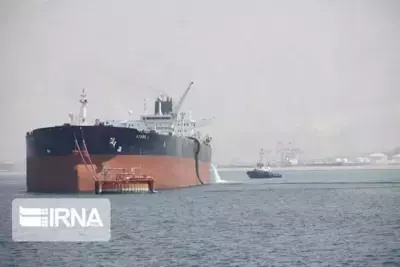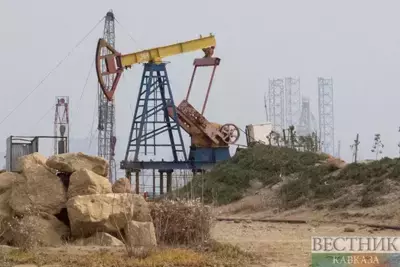The European Union's efforts to protect Iran's benefits from the 2015 nuclear deal after the U.S. pull-out are not enough, Iranian Foreign Minister Mohammad Javad Zarif said Sunday. "With the withdrawal of America... the European political support for the accord is not sufficient," Zarif told Miguel Arias Canete, EU commissioner for energy and climate, during a meeting in Tehran.
As CNBC writes in an article "The EU’s support for the Iran deal is ‘not sufficient,’ Tehran says", European leaders have been scrambling to save the deal after the Donald Trump administration announced its withdrawal on May 8. Formally known as the Joint Comprehensive Plan of Action (JCPOA), the agreement was additionally signed by France, Germany, the U.K., Russia and China and lifted most economic sanctions on Iran in exchange for restrictions to its nuclear program. Despite the signatories' broad disagreement with the White House's decision, and pledges to continue upholding the deal that they argue has worked in containing Tehran's nuclear activities, the imposition of sweeping U.S. sanctions makes this a challenging and unlikely feat. The U.S. Treasury is set to re-impose prior sanctions after a 90 or 180-day wind-down period, dependent on the sector, with particularly significant sanctions targeting Iran's oil industry and transactions with its central bank.
European companies with significant investments or plans in Iran have now suggesting withdrawing for fear of facing U.S. penalties, including French oil giant Total and auto manufacturer Peugeot, who have said they will pull their activities from the country if they cannot obtain U.S. sanctions waivers. "The announcement of the possible withdrawal by major European companies from their cooperation with Iran is not consistent with the European Union's commitment to implementing (the nuclear deal)," Zarif was quoted as saying Sunday.
Bypassing U.S. sanctions
Tehran has asked that the EU consider buying Iranian oil in euros and making transactions through its central bank, which would enable it to bypass the U.S. financial system. Since the lifting of sanctions, Iran's oil exports have increased by more than 1 million barrels per day (bpd). About 1 million bpd goes to Europe, while more than 1.5 million bpd is exported to China, India, South Korea and Japan.
The EU is reportedly considering measures such as euro-denominated trade with Iran, the opening of new credit lines, applying EU laws that would forbid European companies from observing the U.S.' sanctions, and increased energy cooperation. It also aims to compensate European firms facing sanctions for doing business in the country. The deal's survival, Tehran has said, will depend on the EU's ability to keep its companies engaged in Iran and protect its oil sector from sanctions. In the event that this fails, the country's atomic energy organization has threatened to resume uranium enrichment to approach levels necessary for building a bomb.
'Much more complicated'
"The announcement, in cascade, of European companies that will not keep investing in Iran are making the things much more complicated at the moment," the EU's Arias Canete said. Of Tehran's demands, he added that "the EU will consider it." European investment in the Islamic republic, led by Germany, France and Italy, has leapt to more than 20 billion euros since sanctions were lifted in 2016, according to Reuters. More than 10,000 German companies, for instance, are engaged in trade with Iran. Meanwhile, Iran has still not seen the level of investment it was hoping for post-JCPOA, leaving many Iranians dissatisfied with their government. This makes the stakes especially high for President Hassan Rouhani, who is now under intense pressure to deliver on his promises that the deal would herald a major boost for Iran's struggling economy.







